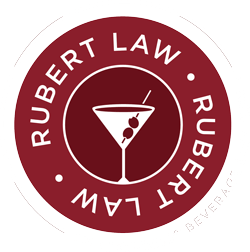Florida’s Division of Alcoholic Beverages and Tobacco (DABT) has several different kinds of liquor licenses. The different types are designed to address the specific needs of the establishment, whether it is a country club, an off-premise retailer (often called a package store), or a brewery. However, the quota license is the exception to this rule because it allows businesses to sell beer, wine, and spirits for on-premise consumption or package sales without any other restrictions on the physical layout or activities conducted on the licensed premises. It also is the required license for nightclubs and bars that sell spirits, but do not serve food. For all these reasons and others, a quota license is highly desirable. So, how can someone get a quota license for their business? There are two ways:
The lottery
Each fall, DABT accepts applications for a lottery to be conducted in the next year. The number of quota licenses issued in the lottery is determined by how many are available to be issued in each county. The amount of quota licenses available in each county is dictated by the county population (one per 7,500 people), so counties with population growth will issue new licenses. DABT also uses the lottery to re-issue existing licenses that were revoked for violations of the Beverage Laws. However, like any lottery, there are a lot more applicants than licenses to be won, so it’s great to win one, but if you are looking to open a business at a fixed point in time, it may not be the best business plan.
Buying or selling a license
Those looking to enter the hospitality industry or start an off-sale business often cannot afford to jeopardize their business plan by hoping to win a lottery. So, the buyer goes shopping on the open market for one that already exists – the prices are not regulated by the DABT and vary county by county from around $65,000 to $600,000 or more.
The process of transferring the license from the seller to the buyer often gets complicated with a lot of administrative forms and legal paperwork. The buyer also needs to consider:
- Cost of the license
- Financing to buy the license
- Transfer Fees
- Liens and Encumbrances to the transfer of the license
- Other issues specific to the deal
Legal guidance often necessary
Buying a liquor license is like any other significant business transaction, so it is usually best to hire an attorney with experience to handle the transfer details. This ensures that all the paperwork’s T’s are crossed and the I’s are dotted. These legal professionals’ wealth of knowledge can also help their clients negotiate a fair deal on the open market.
